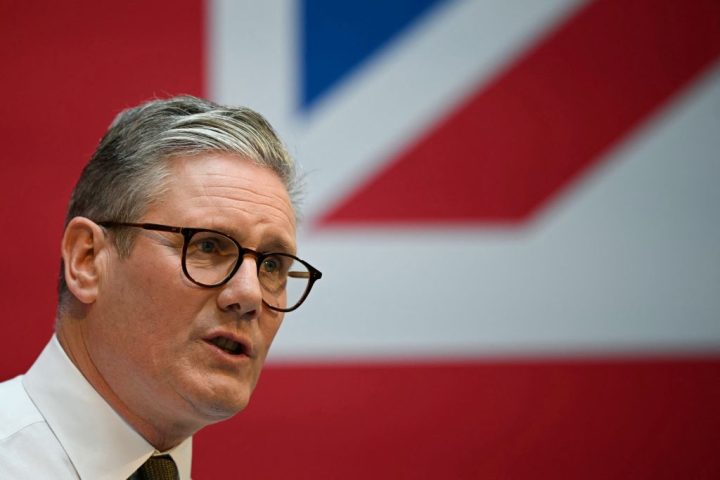Regardless of who wins the coming election, taxes are going up. Spending plans from both Labour and the Tories suggest the tax burden – already at a post-war high – is going to do nothing but rise. During last night’s Sky News debate, Rishi Sunak laid the blame at the two ‘once in a century’ events the country has just emerged from. But the truth is that a huge part of these tax rises is needed to fund an ever-growing welfare bill. Analysis published this morning shows that one in every £44 of state spending will be spent on sickness benefits by the end of the decade.
The report, published by the Resolution Foundation, shows that incapacity benefits spending will rise faster than pensions over the next parliament. The problem is the simply staggering level of those out of work due to long-term sickness. Other figures released this week by the Office for National Statistics show those deemed too sick to work again hit a record high of over 2.8 million Britons. And as the below graph shows, this is a trend that has been coming for some time, exacerbated by the pandemic and lockdowns – but not caused by them.
In his manifesto launch on Tuesday, Sunak warned that this rise was ‘unsustainable’. But as Kate Andrews pointed out, he has left it too late to address what is the most serious issue facing the country as it prepares to go to the polls. Figures from the DWP revealed on The Spectator’s data hub show how that spending is set to surge with nearly 1,000 more people going onto sickness and disability benefits every day.
This morning’s report highlights how over the last 16 years overall welfare spending has grown from 10 per cent of GDP to 11.2 per cent now. Almost all of that increase is accounted for by sickness benefit and pensions spending as welfare for those looking for work and children has been reduced.
Labour for their part say they will bring down sickness benefits by tackling the record high NHS waiting lists, but improving the overall health of the UK is not going to happen over the course of one parliament. The truth is, as Tom Waters from the Institute for Fiscal Studies (IFS), has told the Times the number of new claims (currently 40,000 a month) needs to be drastically cut. To do that, he said, will ‘require substantially tightening the assessment to make it much harder to qualify’.
Cutting benefits or tightening up the assessment regime is something a Labour government is going to find very difficult to stomach. But if they do not make a serious attempt to do so, the tax burden won't be coming back to more normal levels anytime soon. In fact, the IFS has said that to cover the already forecasted spending increases with income tax would mean raising the basic rate of tax by 4p – something no government wants to do. Whoever takes over the DWPs offices in Caxton House in three weeks' time has a hell of a job on their hands.







Comments